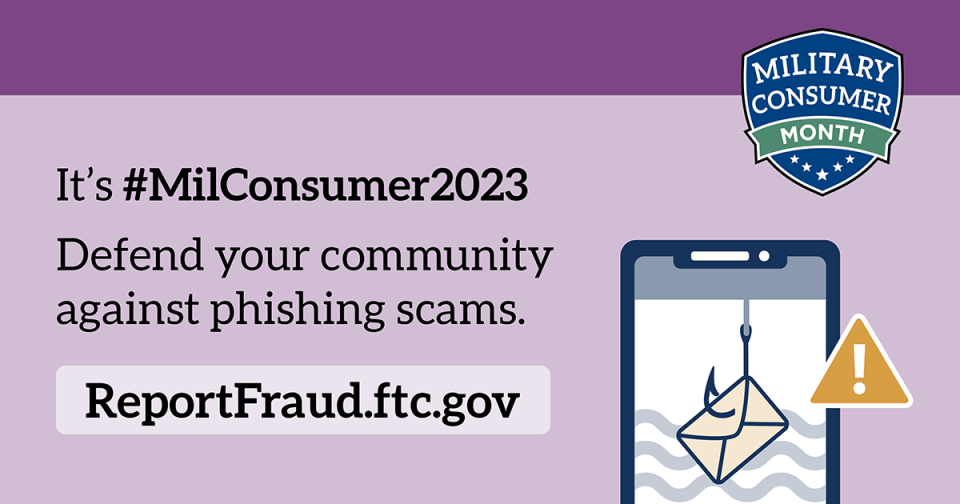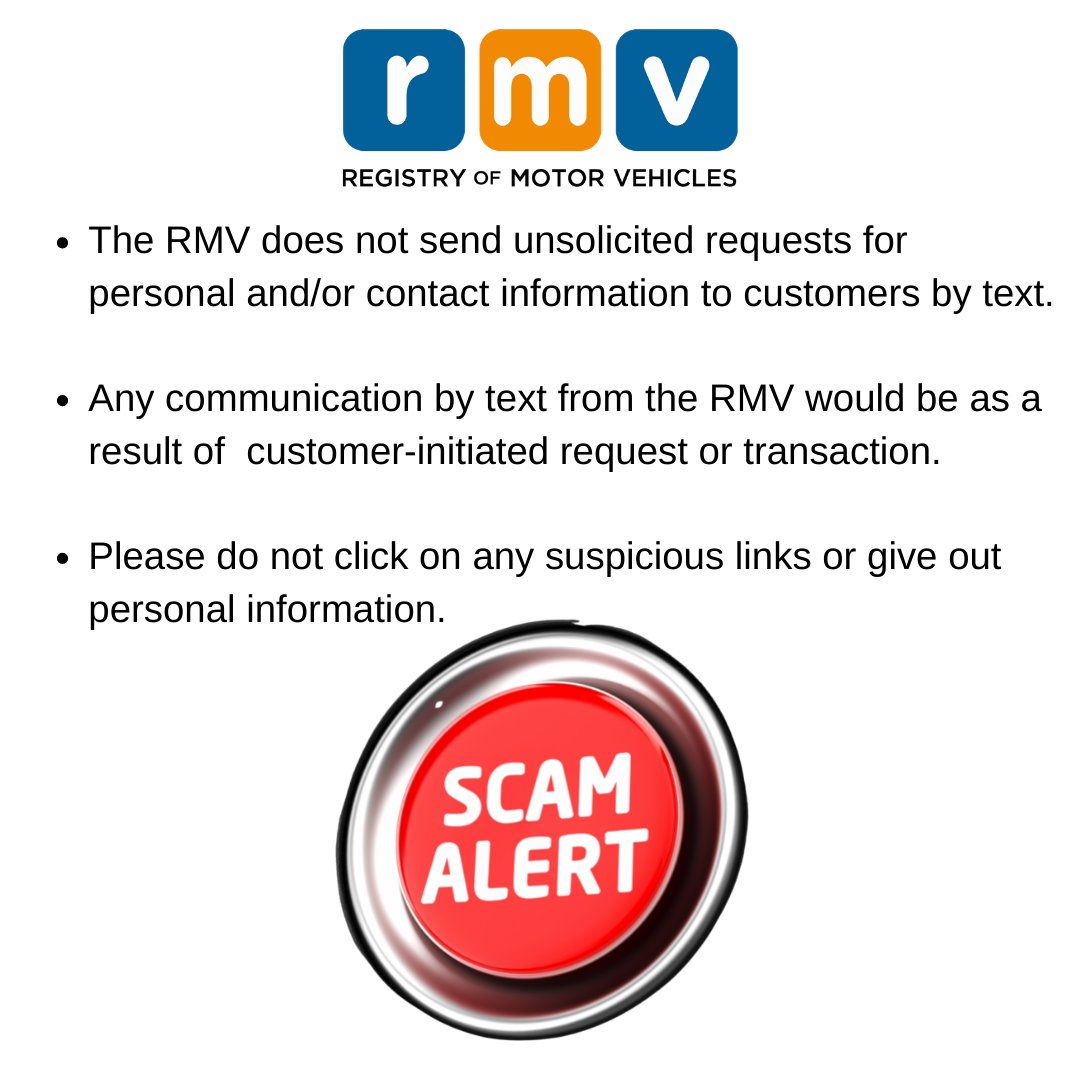The Massachusetts Department of Transportation (MassDOT) was alerted that a text message-based scam, also known as smishing, is fraudulently claiming to represent tolling agencies from across the country. The scammers are claiming to represent the tolling agency and requesting payment for unpaid tolls.
 |
| MassDOT Alerts Customers of Smishing Scam |
MassDOT urges customers to be cautious about email, text, and phone scams demanding payment of outstanding toll balances. Some attempts have been made to trick customers into sharing credit card numbers and other sensitive information by directing them to a website to pay their outstanding balances. MassDOT strongly encourages customers not to click the link contained in those messages.
Please Note: The targeted phone numbers seem to be chosen at random and are not uniquely associated with an account or usage of toll roads.
Customers who receive an unsolicited text, email, or similar message suggesting it is from EZDriveMA or another toll agency should not click on the link.
EZDriveMA customers can verify a valid text notification in several ways:
• EZDriveMA will never send invoices by text
• EZDriveMA will never request payment by text
• All links associated with EZDriveMA will include www.EZDriveMA.com
This smishing scam is part of a series of smishing scams that the FBI is aware of:
https://www.ic3.gov/PSA/2024/PSA240412
The FBI recommends individuals that receive the fraudulent messages do the following:
1. File a complaint with the IC3, https://www.ic3.gov/, be sure to include:
• The phone number from where the text originated.
• The website listed within the text
2. Check your account using the toll service's legitimate website.
3. Contact the toll service's customer service phone number.
4. Delete any smishing texts received.
5. If you clicked any link or provided your information, take efforts to secure your personal information and financial accounts. Dispute any unfamiliar charges.
We encourage all customers to stay alert to these types of scams and to contact us at https://www.ezdrivema.com/
with any questions about EZDriveMA notifications.









